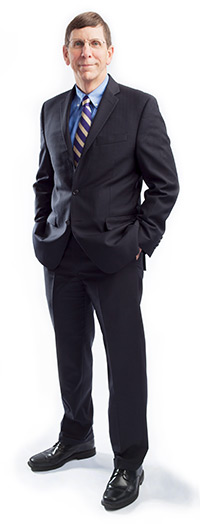 Dear Friends of Engineering,
Dear Friends of Engineering,
With groundbreaking research, exciting faculty recognition and new opportunities to serve our world-class students, UW engineering continues to rapidly expand our impact in the region and around the world.
We’re excited to be part of the team leading the way to create the first implantable device that reanimates paralyzed limbs and helps restore motor function to stroke and spinal cord victims. Thanks to a $16 million grant from the National Science Foundation, the UW-led Center for Sensorimotor Neural Engineering is developing implantable devices that can record brain signals, bypass damaged areas of the brain and send that information directly to other parts of the nervous system. The interdisciplinary collaboration includes neuroscientists, engineers, computer scientists, neurosurgeons, ethicists and industry partners. It's hard to imagine a more game-changing technology.
In this edition of Washington Engineer, you'll read about others — including DNA molecules with the capability to store data. UW and Microsoft researchers are developing such technology now. Our electrical engineering students are powering devices with ambient Wi-Fi signals. And our materials science and chemical engineers recently refrigerated liquids with a laser, a basic science breakthrough decades in the making.
We recently learned we have a new National Academy of Engineering member among our ranks. Computer Science & Engineering Professor Tom Anderson has been elected to the NAE for his "contributions to the design of resilient and efficient distributed computer systems," along with civil engineering alumnus Jon Magnusson and computer science alumnus Albert Greenberg.
Educating engineers is our highest priority, and we continue to grow our ability to meet the increasing needs of industry and other institutions. The UW Board of Regents has approved two new applied graduate opportunities this fall to offer students in-demand skills. The interdisciplinary Master of Science in Data Science program will teach students and working professionals how to manage, model and visualize big data. The one-year Master of Applied Bioengineering will prepare students to work in biomedical industry and translational research.
Thank you for taking the time to learn more about UW Engineering and for reading Washington Engineer.
Michael B. Bragg
Frank & Julie Jungers Dean of Engineering